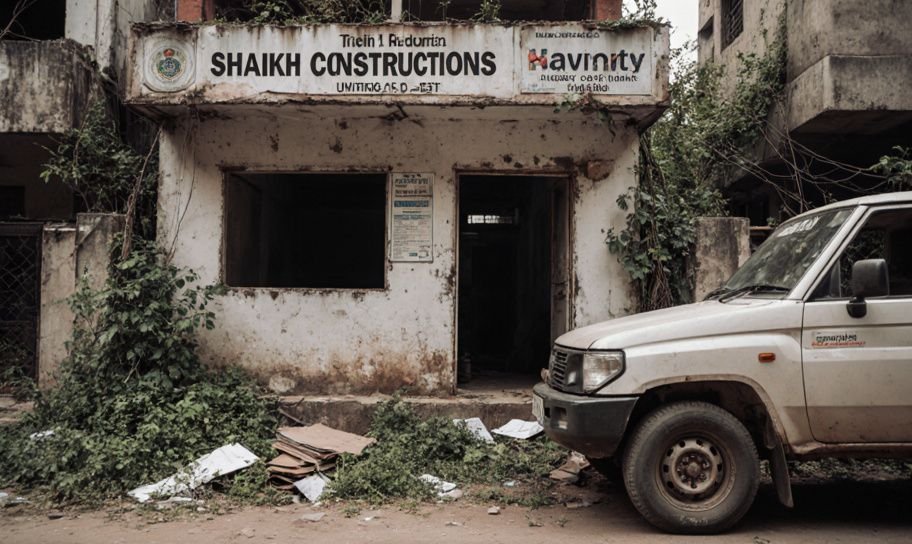
Summary: The Bombay High Court dismissed the temporary requests filed by Shaikh Constructions, who claimed they owned a property because they had been using it without permission for a long time. The court found no reason to believe their claim because there wasn't enough proof.
Shaikh Constructions, represented by Asiya and Asad Salim Shaikh, claimed they owned a property in Mumbai because they had been using it without permission for a long time. The people they were against included Romell Housing LLP and several others. Shaikh Constructions wanted to stop these people from bothering them and wanted the property to be officially given back to them.
Shaikh Constructions argued that they had taken over ownership of the property by using it without permission since 1980. The company was initially formed through a partnership involving several parties.
"The plaintiffs are the legal heirs of the sole surviving partner of the partnership firm M/s. Shaikh Constructions."
Justice Jitendra Jain noted that the plaintiffs failed to show a solid reason for their claim. The court stressed the importance of explaining when and how they started using the property without permission, which was missing in the plaintiff's statements.
"A person who claims they have taken over a property by using it without permission should show: (a) on what date they started using it, (b) what kind of use it was, (c) whether the other party knew about it..."
The court found problems with the documents presented, including a fake Power of Attorney (POA). This made the court question the truth of the claims made by Shaikh Constructions.
"On a comparison of these two documents with the same registration number... it is noticed that the two documents are materially different in various aspects."
The court dismissed the temporary requests because there was no valid reason for the claim. It instructed the authorities to investigate the fake documents and make sure the proper fees are paid.
"All three temporary requests in three cases are dismissed for the reasons stated above."
The court's decision highlights the need for clear and precise explanations in cases of taking over property by using it without permission and the necessity of real documents to support such claims.